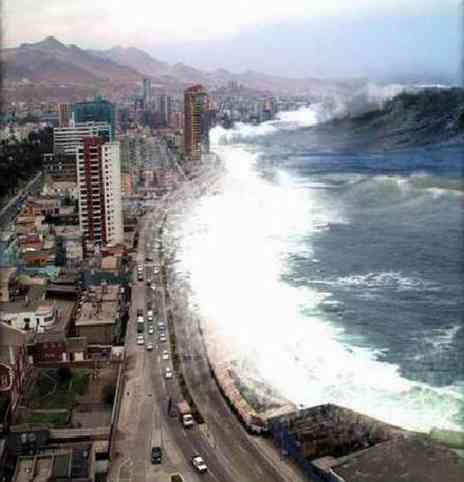http://www.theaustralian.news.com.au/story/0,20867,21468036-30417,00.html
Global warming will make climates 'disappear'
- Leigh Dayton, Science writer
- March 29, 2007
IF trends in global warming continue, South Australia
The dire prediction comes from US researchers who claim global warming may cause climatic conditions prevailing on almost half the world's landmass to change beyond recognition, effectively “disappearing”.
By 2010 rising temperatures could also lead to previously unrecorded “novel” climates across almost 40 per cent of the global land surface, according to a team led by John Williams of the
“They did a really good job of pointing out where the (warming) projections are suggesting that society and ecosystems could be most at risk,” commented climate scientist Neville Nicholls of
“It's a really valuable study.”
While Dr Nicholls agreed the climate along the southern fringe of
“Why would the climate disappear?” Dr Nicholls asked.
“I suspect places like Adelaide would have climate like places a bit further north that are now warmer and drier.”
Professor Williams and his colleagues analysed the upper and lower greenhouse gas emission scenarios produced for the Intergovernmental Panel on Climate Change report, released in February.
Their results showed that under both scenarios the increase in global temperature would cause dramatic changes to many rainforest, grassland and desert ecosystems.
Novel climates would occur primarily in the tropics and subtropics, and disappearing climates in in tropical mountain regions and poleward portions of continents like
“Our findings are a logical outcome of global warming scenarios,” Professor Williams said.
“The warmest areas get warmer and move outside our current range of experience and the colder areas also get warmer and so those climates disappear,” he said of the research, reported in the US Proceedings of the National Academy of Sciences.
According to the team, their findings have clear implications for biodiversity, the plants and animals living in ecosystems subject to dramatic climate changes.
That's so because the regions likely to experience dramatic climate change were identified three years ago as critical “hot spots”.
“In these areas, elevated risks of extinction are likely,” Professor Williams said.
In their report his team warned that “standard conservation solutions” may fail to protect vulnerable plants and animals, while others more suited the new climate take over.

No comments:
Post a Comment